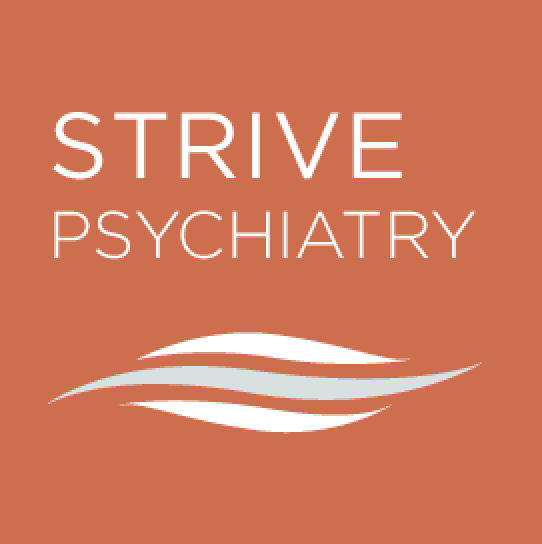Personality Disorders are characterized by pervasive patterns of behavior and thinking that cause a person to deviate from social expectations—oftentimes to a degree that creates distress in themselves or others. These behaviors hinder their ability to form rich relationships, perform well at work or school, or function as a part of society.
There are ten disorders classified beneath the personality disorder umbrella. These disorders are: Avoidant, Dependent, Obsessive-Compulsive*, Antisocial, Borderline, Histrionic, Narcissistic, Paranoid, Schizoid, and Schizotypal.
Diagnosing a personality disorder is a complex process; a clinician must take into account cultural differences and expectations, among many other factors, when concluding whether an individual’s personality and behavior are considered disordered. This step is crucial in treating a patient, as an accurate diagnosis is necessary to improve a patient’s mood and emotional wellbeing.
*Obsessive-Compulsive Personality Disorder (OCPD) is distinctly different from Obsessive-Compulsive Disorder (OCD.)
